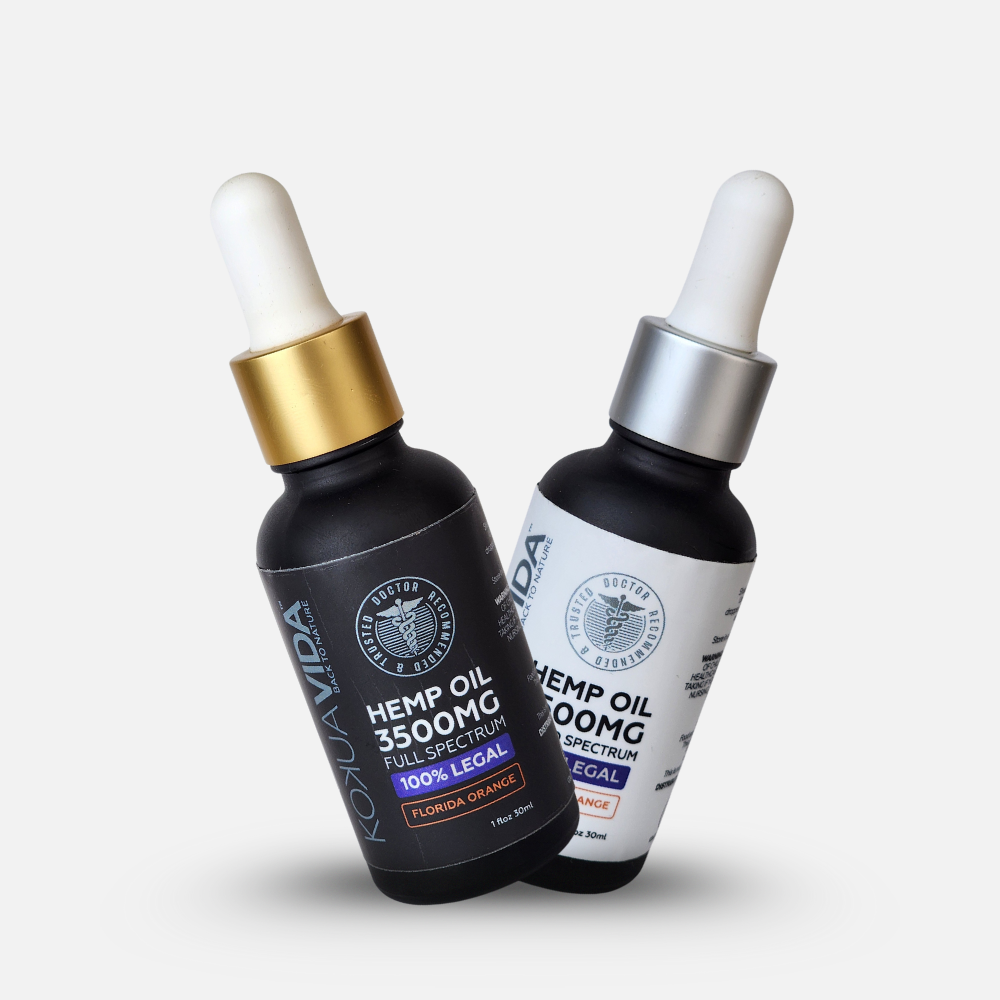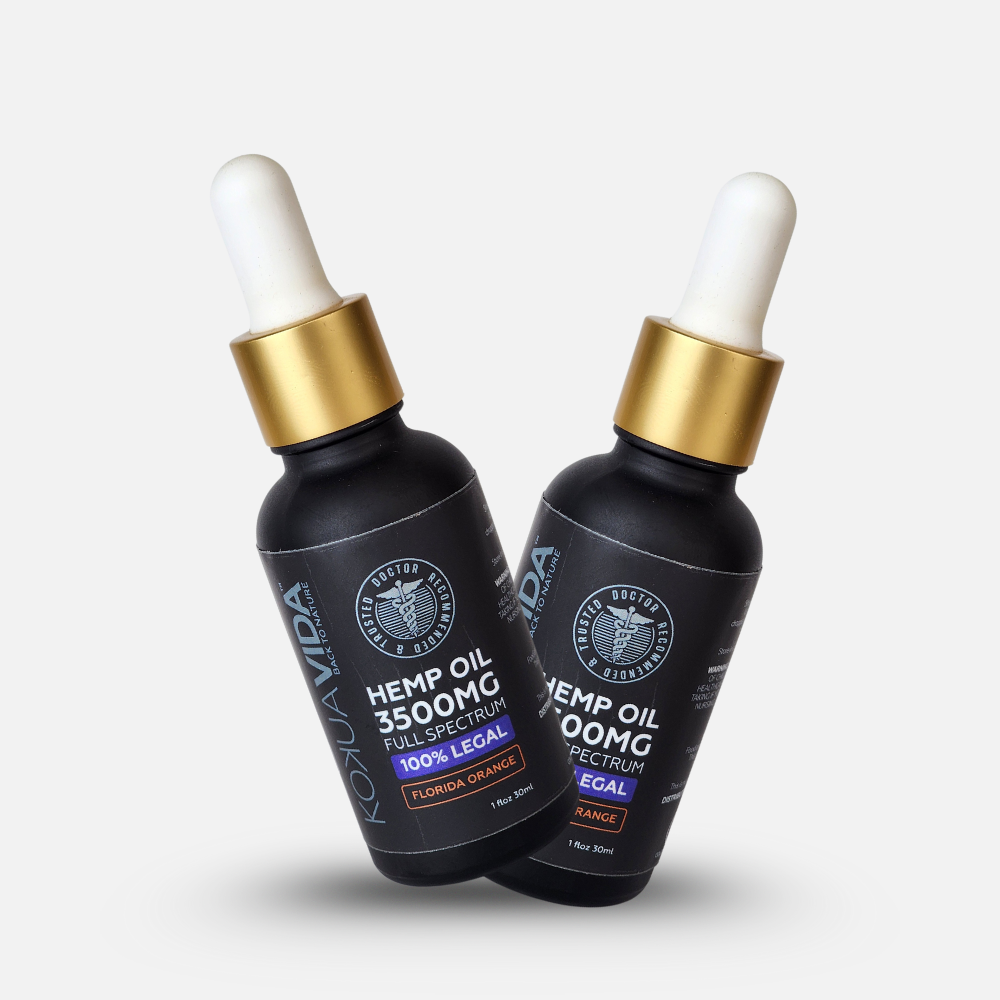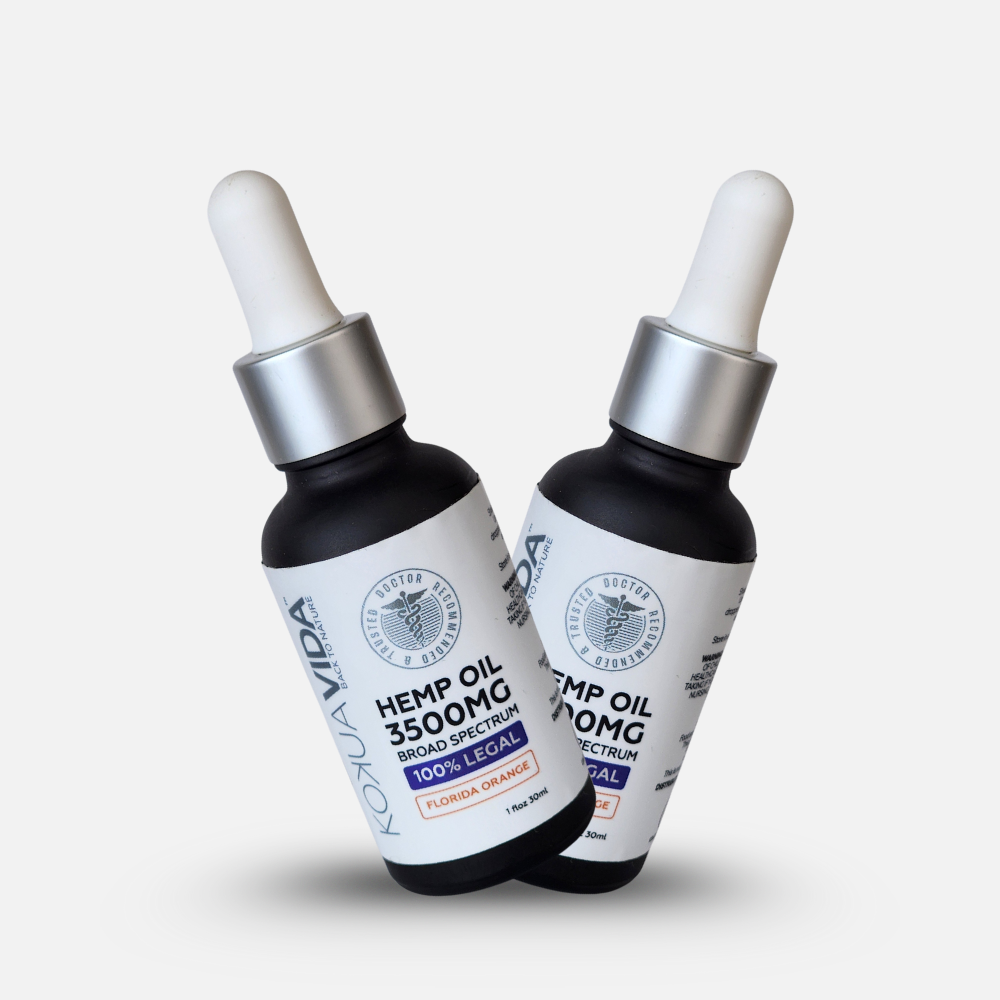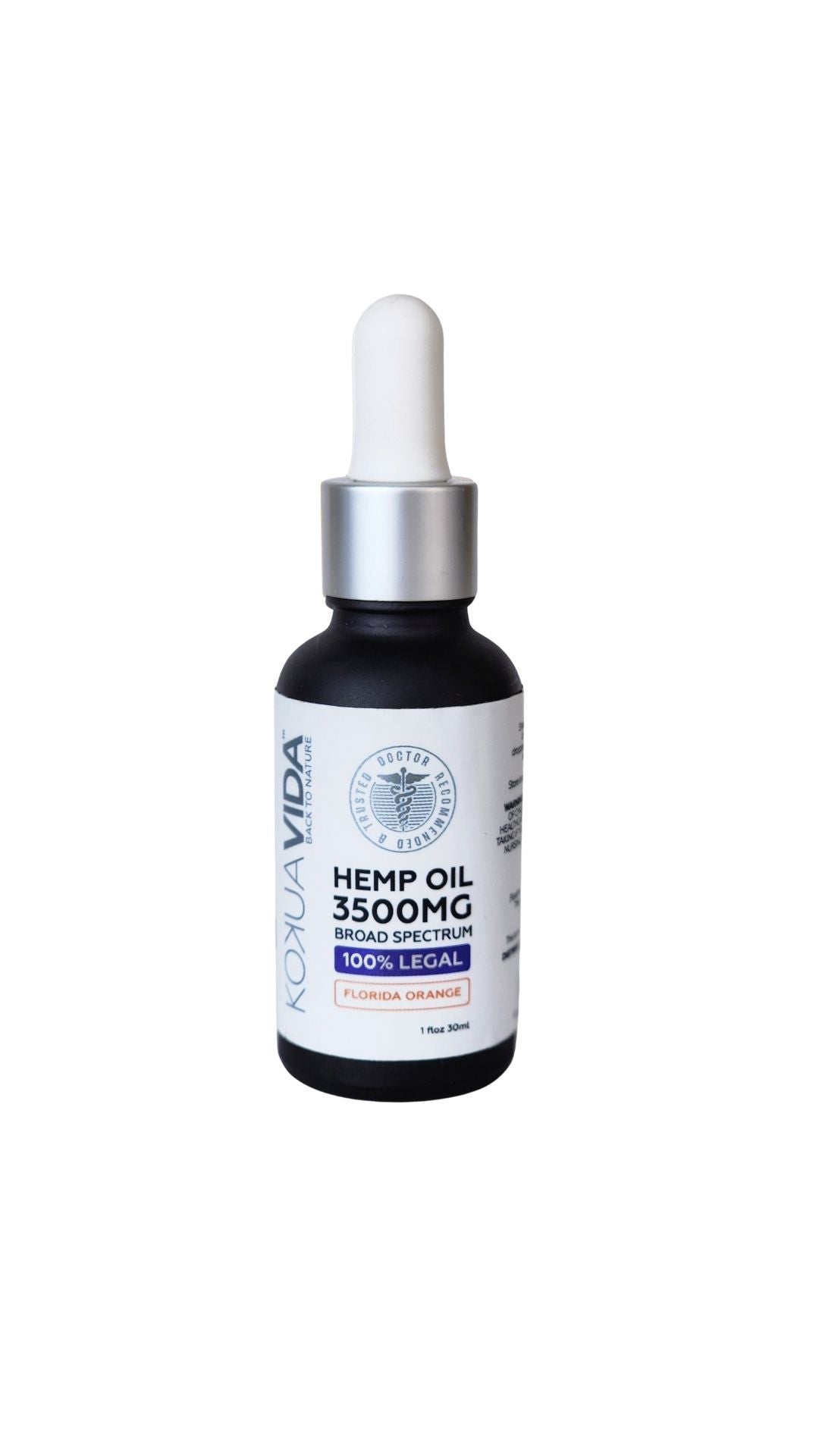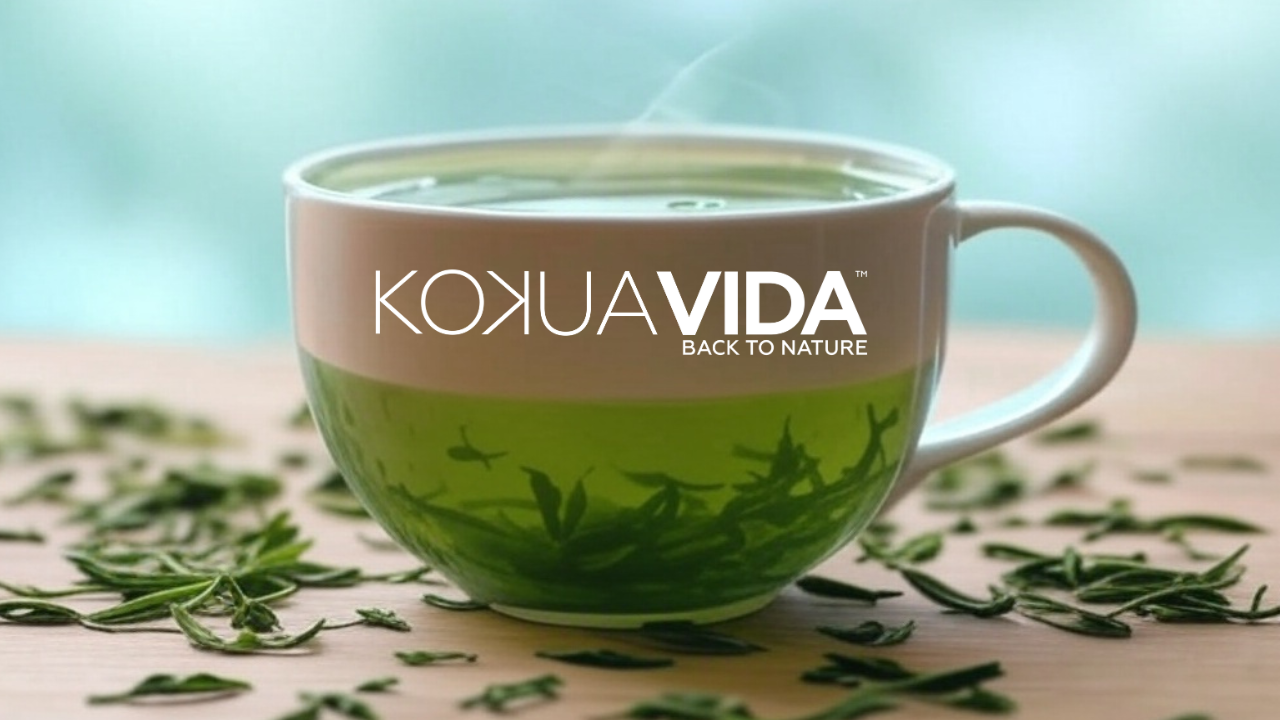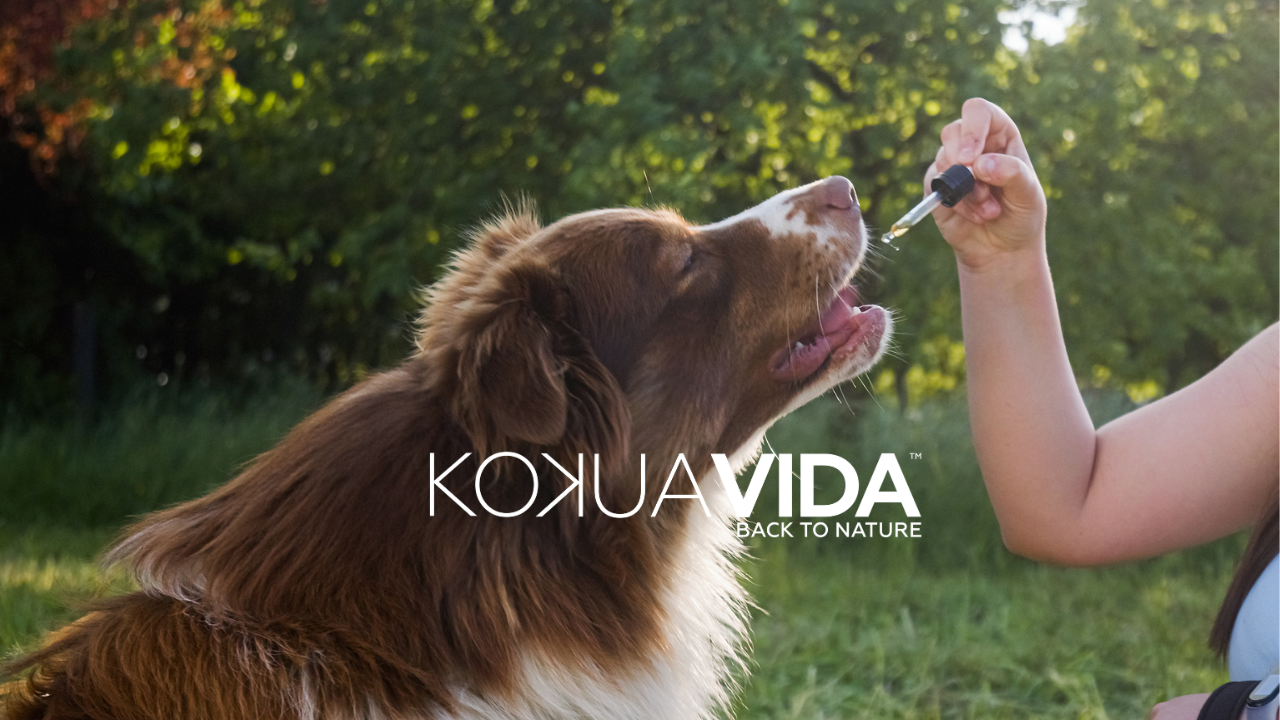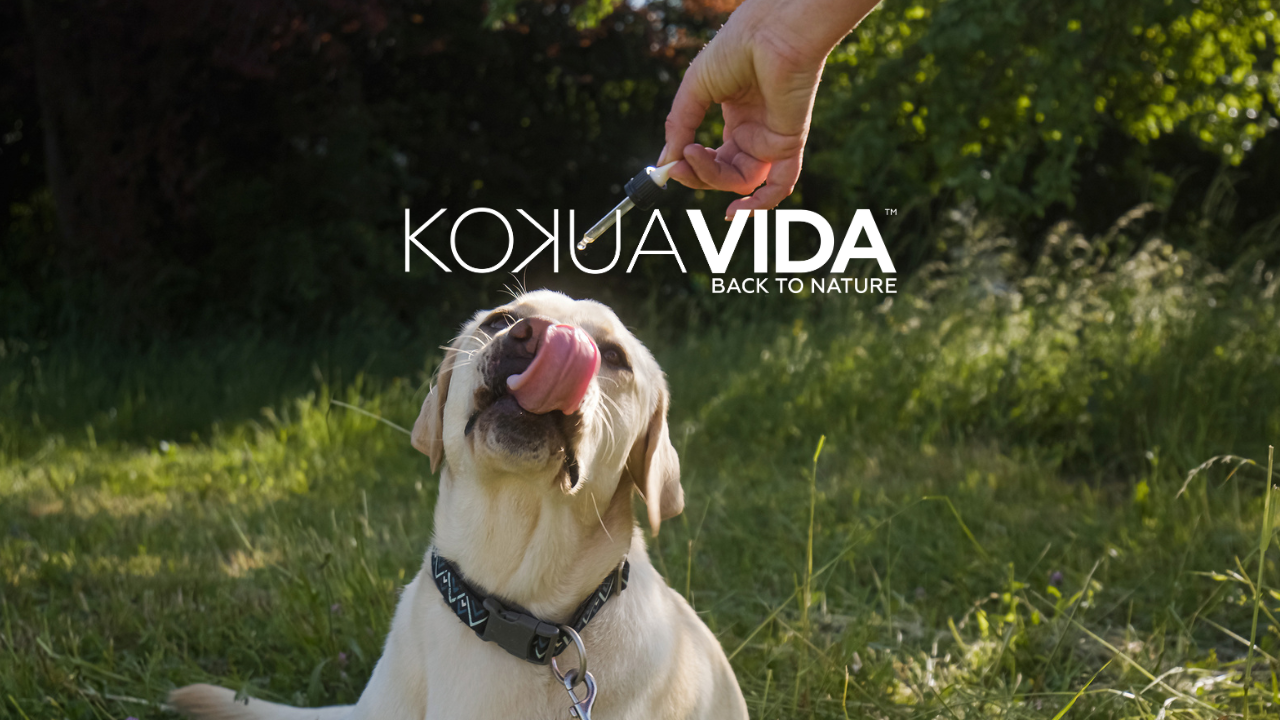
Understanding CBD: Debunking Myths and Exploring Its Benefits in 2025
Introduction
In recent years, cannabidiol (CBD) has gained immense popularity as a natural compound with significant potential in the health and wellness industry. However, misconceptions about CBD—particularly whether it is a drug—continue to circulate. This article will break down the facts, clarify common misunderstandings, and provide a comprehensive view of CBD in 2025, including its uses, benefits, and legal standing.
What is CBD?
CBD is a natural compound derived from the Cannabis sativa plant, known as a cannabinoid. Among over 100 cannabinoids found in cannabis, CBD has garnered special attention for its potential therapeutic properties without the psychoactive effects commonly associated with THC (tetrahydrocannabinol). Importantly:
-
Hemp vs. Marijuana: CBD is present in both hemp and marijuana plants. However, most CBD products on the market today are hemp-derived and contain less than 0.3% THC, making them non-intoxicating and legal in many countries.
-
Non-Psychoactive: Unlike THC, CBD does not produce a “high,” making it an appealing option for individuals seeking natural relief without mind-altering effects.
Is CBD a Drug?
This question depends on the context and definition of the term “drug.” Let’s break it down:
CBD as a Therapeutic Agent
If a “drug” is defined as a substance used to treat or prevent disease, then CBD qualifies. For example:
-
The FDA-approved medication Epidiolex uses CBD as its active ingredient for treating specific types of epilepsy.
-
Ongoing research explores CBD’s potential in managing chronic pain, inflammation, anxiety, and insomnia.
CBD and Addiction
If a “drug” implies a substance causing addiction or psychoactive effects, then CBD is not a drug. Scientific studies confirm that CBD is:
-
Non-addictive: It does not create dependency or withdrawal symptoms.
-
Non-psychoactive: CBD does not produce a “high,” setting it apart from THC.
Legal Status and FDA Involvement
The legal status of CBD has evolved significantly over the years. As of 2025:
-
FDA Regulation: The FDA classifies Epidiolex as a drug, but the majority of CBD products are marketed as dietary supplements or cosmetics. These products must meet specific labeling and marketing guidelines to avoid false claims.
-
Global Acceptance: Countries worldwide are increasingly embracing CBD’s benefits, with varying levels of regulation. Always check your local laws to ensure compliance.
Potential Benefits of CBD
Preliminary research and anecdotal evidence highlight a wide range of potential health benefits of CBD. These include:
-
Pain Relief: CBD interacts with the body’s endocannabinoid system to reduce inflammation and alleviate chronic pain.
-
Anxiety Reduction: Studies suggest CBD can promote relaxation and help manage stress-related disorders.
-
Improved Sleep: CBD may enhance sleep quality by addressing underlying issues such as anxiety and discomfort.
-
Anti-Inflammatory Properties: Its ability to modulate inflammation shows promise for conditions like arthritis.
Pro Tip for 2025: To experience optimal results, choose high-quality, lab-tested CBD products from reputable brands.
Common Misconceptions About CBD
-
CBD Will Get You High: False. CBD is non-psychoactive and does not induce a “high.”
-
All CBD Products Are the Same: Not true. Quality varies widely; look for third-party lab testing and transparent labeling.
-
CBD Works Instantly: While some effects may be felt quickly, many benefits develop over time with consistent use.
Conclusion
CBD continues to redefine the health and wellness industry in 2025. It is a natural, non-psychoactive compound with immense therapeutic potential. While the FDA recognizes CBD’s medicinal value in specific contexts, the majority of CBD products are wellness supplements designed to enhance daily life without the risks associated with addictive substances.
Final Note: Always consult with a healthcare professional before incorporating CBD into your routine, especially if you’re taking medications or managing chronic conditions.
